Kryxana 200 mg Tablet 21's
MRP ₹24356
(Inclusive of all Taxes)
₹2922.7 Cashback (12%)
Provide Delivery Location
Online payment accepted
 Prescription drug
Prescription drugWhats That
Composition :
Manufacturer/Marketer :
Consume Type :
Expires on or after :
Return Policy :
About Kryxana 200 mg Tablet
Kryxana 200 mg Tablet belongs to the group of anti-cancer medicines called cyclin-dependent kinase (CDK) inhibitors used to treat a type of breast cancer that is locally advanced or metastatic (has spread to other parts of the body). Breast cancer is a type of cancer that develops in the breast when the breast cells begin to grow abnormally.
Kryxana 200 mg Tablet contains ‘Ribociclib’, which works by blocking cyclin-dependent kinase 4 and 6 proteins, which are necessary for the growth and division of the cells. Thereby, slows down the growth of cancer cells and delays the progression of cancer.
You are advised to take Kryxana 200 mg Tablet for as long as your doctor has prescribed it for you, depending on your medical condition. In some cases, you may experience certain common side-effects such as diarrhoea, nausea, vomiting, constipation, hair loss, fatigue, dizziness, back pain, and headache. Do not be reluctant to talk with your doctor if you experience any of these side effects persistently.
Avoid taking Kryxana 200 mg Tablet if you are pregnant or breastfeeding. Kryxana 200 mg Tablet may cause tiredness and dizziness, so drive only if you are alert. Kryxana 200 mg Tablet should not be given to children as safety and effectiveness have not been established. Avoid consuming alcohol with Kryxana 200 mg Tablet as it could lead to increased dizziness. Inform your doctor about your health condition and medications to rule out any side effects/interactions.
Uses of Kryxana 200 mg Tablet
Directions for Use
Key Benefits
Kryxana 200 mg Tablet belongs to the group of anti-cancer medicines called cyclin-dependent kinase (CDK) inhibitors used to treat a type of breast cancer that is locally advanced or metastatic (has spread to other parts of the body). Kryxana 200 mg Tablet works by blocking cyclin-dependent kinase 4 and 6 proteins, which are necessary for the growth and division of the cells. Thereby, slows down the growth of cancer cells and delays the progression of cancer.
Storage
- Talk to your doctor about medicines to manage neutropenia based on the underlying cause.
- Avoid contact with people who are sick.
- Wash your hands regularly with soap and water.
- Avoid unpasteurized dairy products.
- Inform your doctor about the nausea and discuss possible alternatives to the medication or adjustments to the dosage.
- Divide your daily food intake into smaller, more frequent meals to reduce nausea.
- Opt for bland, easily digestible foods like crackers, toast, plain rice, bananas, and applesauce.
- Avoid certain foods that can trigger nausea, such as fatty, greasy, spicy, and smelly foods.
- Drink plenty of fluids, such as water, clear broth, or electrolyte-rich beverages like coconut water or sports drinks.
- Use ginger (tea, ale, or candies) to help relieve nausea.
- Get adequate rest and also avoid strenuous activities that can worsen nausea.
- Talk to your doctor about taking anti-nausea medication if your nausea is severe.
- Record when your nausea occurs, what triggers it, and what provides relief to help you identify patterns and manage your symptoms more effectively.
- Rest well; get enough sleep.
- Eat a balanced diet and drink enough water.
- Manage stress with yoga and meditation.
- Limit alcohol and caffeine.
- Physical activities like walking or jogging might help boost energy and make you feel less tired.
- Inform Your Doctor: Notify your doctor immediately about your diarrhoea symptoms. This allows them to adjust your medication or provide guidance on managing side effects.
- Stay Hydrated: Drink plenty of fluids to replace lost water and electrolytes. Choose water, clear broth, and electrolyte-rich drinks. Avoid carbonated or caffeinated beverages to effectively rehydrate your body.
- Follow a Bland Diet: Eat easy-to-digest foods to help firm up your stool and settle your stomach. Try incorporating bananas, rice, applesauce, toast, plain crackers, and boiled vegetables into your diet.
- Avoid Trigger Foods: Steer clear of foods that can worsen diarrhoea, such as spicy, fatty, or greasy foods, high-fibre foods, and dairy products (especially if you're lactose intolerant).
- Practice Good Hygiene: Maintain good hygiene to prevent the spread of infection. To stay healthy, wash your hands frequently, clean and disinfect surfaces regularly, and avoid exchanging personal belongings with others.
- Take Anti-Diarrheal Medications: If your doctor advises, anti-diarrheal medications such as loperamide might help manage diarrhoea symptoms. Always follow your doctor's directions.
- Keep track of your diarrhoea symptoms. If they don't get better or worse or are accompanied by severe stomach pain, blood, or dehydration signs (like extreme thirst or dark urine), seek medical help.
- Boost your immunity by including immune rich foods in your diet and always remember to stay hydrated.
- Get sufficient sleep and manage stress which helps in improving white blood cell count.
- Consult your doctor for an effective treatment to improve the blood cell count and get regular body check up to monitor changes in the count.
- Try to prevent the factors that cause a decrease in the white blood cells that may lead to impaired immunity.
- Eat protein-rich foods like fish, poultry, eggs, and legumes.
- Include foods with minerals and vitamins essential for hair health.
- Join a support group to connect with others experiencing hair loss.
- Openly discuss your feelings about hair loss.
- Consider covering up with wigs, hats, or scarves.
- Be patient and avoid seeking miracle cures.
- Preventing Vomiting (Before it Happens)
- Take medication exactly as prescribed by your doctor. This can help minimize side effects, including vomiting.
- Having a small meal before taking your medication can help reduce nausea and vomiting.
- Talk to your doctor about taking anti-nausea medication along with your prescribed medication.
- Managing Vomiting (If it Happens)
- Try taking ginger in the form of tea, ale, or candy to help alleviate nausea and vomiting.
- What to Do if Vomiting Persists
- Consult your doctor if vomiting continues or worsens, consult the doctor for guidance on adjusting your medication or additional treatment.
Drug Warnings
Do not take Kryxana 200 mg Tablet if you are allergic to any of its components. Talk to your doctor if you have a fever, sore throat, mouth ulcers due to infections, liver problems, heart/heart rhythm disorders, or low levels of electrolytes. Avoid taking Kryxana 200 mg Tablet if you are pregnant or breastfeeding. Kryxana 200 mg Tablet may cause dizziness, so drive only if you are alert. Kryxana 200 mg Tablet should not be given to children as safety has not been established. Avoid consuming alcohol with Kryxana 200 mg Tablet as it could lead to increased dizziness. Inform your doctor about your health condition and medications before taking Kryxana 200 mg Tablet to rule out any side effects/interactions.
Drug-Drug Interactions
Drug-Drug Interactions
Login/Sign Up
Coadministration of Budesonide and Kryxana 200 mg Tablet may increase the absorption of the medication from budesonide into the blood stream.
How to manage the interaction:
Taking Kryxana 200 mg Tablet with Budesonide can cause an interaction, consult a doctor before taking it. Consult a doctor if experience swelling, weight gain, high blood pressure, high blood glucose, muscle weakness, depression, acne, thinning skin, stretch marks, easy bruising, bone density loss, cataracts, menstrual irregularities, excessive growth of facial or body hair, and abnormal distribution of body fat, especially in the face, neck, back, and waist. Do not stop using any medications without talking to a doctor.
When Kryxana 200 mg Tablet is taken with Ranolazine, may increase the risk of irregular heart rhythm.
How to manage the interaction:
Taking Ranolazine with Rifampicin is not recommended, please consult a doctor before taking it. They can be taken together if advised by a doctor. However, contact a doctor if you experience any symptoms such as excessive drowsiness, dizziness, lightheadedness, fainting, confusion, shortness of breath, or heart palpitations. Do not stop taking any medications without consulting a doctor.
Taking cladribine together with Kryxana 200 mg Tablet may increase the risk of serious infections.
How to manage the interaction:
Although there is a possible interaction between Cladribine and Kryxana 200 mg Tablet, you can take these medicines together if prescribed by your doctor. If you have any of these symptoms, it's important to contact a doctor right away. These symptoms include fever, chills, diarrhea, sore throat, muscle aches, difficulty breathing, weight loss, and pain or burning when you urinate. Do not stop using any medications without talking to a doctor.
Using Kryxana 200 mg Tablet together with norfloxacin can increase the risk of an irregular heart rhythm that may be serious.
How to manage the interaction:
Taking Norfloxacin with Kryxana 200 mg Tablet together can result in an interaction, but it can be taken if your doctor has advised it. If you experience any symptoms like a slow heart rate, irregular heart rhythm, dizziness, fainting, or trouble breathing, you should call your doctor right away. Do not stop using any medications without talking to a doctor.
Taking Lenvatinib and Kryxana 200 mg Tablet together can raise the risk of an abnormal heart rhythm.
How to manage the interaction:
Although taking Lenvatinib and Kryxana 200 mg Tablet together can evidently cause an interaction, it can be taken if your doctor has suggested it. If you experience severe or prolonged diarrhea, vomiting, sudden dizziness, feeling lightheaded or fainting, shortness of breath, or heart palpitations, call your doctor immediately. Do not stop using any medications without a doctor's advice.
Co-administration of Bicalutamide and Kryxana 200 mg Tablet together can increase the chance of a serious abnormal heart rhythm.
How to manage the interaction:
Taking Bicalutamide and Kryxana 200 mg Tablet together can result in an interaction, it can be taken if a doctor has advised it. However, if you experience sudden dizziness, lightheadedness, fainting, shortness of breath, or rapid heartbeat, consult a doctor immediately. Do not discontinue any medications without a doctor's advice.
Taking bromocriptine with Kryxana 200 mg Tablet may raise the blood levels of bromocriptine. This may enhance the risk of adverse effects of bromocriptine.
How to manage the interaction:
Although taking Bromocriptine and Kryxana 200 mg Tablet together can cause an interaction, they can be taken together if prescribed by a doctor. However, consult a doctor if you experience headache, dizziness, drowsiness, or lightheadedness. Do not discontinue any medications without consulting a doctor.
Coadministration of Amitriptyline and Kryxana 200 mg Tablet may increase the risk of irregular heartbeat.
How to manage the interaction:
Although combining Amitriptyline with Kryxana 200 mg Tablet may result in an interaction, it can be used if a doctor recommends it. If you have any heart problems or electrolyte imbalances, you may be susceptible. If you have sudden dizziness, lightheadedness, fainting, or fast or rapid heartbeats during therapy, get emergency medical help. Do not discontinue any medication without consulting a doctor.
Taking Kryxana 200 mg Tablet and posaconazole together can raise the risk of an abnormal heart rhythm.
How to manage the interaction:
Although using Posaconazole and Kryxana 200 mg Tablet together can result in an interaction, they can be taken together if prescribed by a doctor. However, consult a doctor if you experience sudden dizziness, lightheadedness, fainting, or shortness of breath. Do not discontinue any medications without consulting a doctor.
Co-administration of Kryxana 200 mg Tablet with Doxepin can increase the risk of irregular heart rhythms.
How to manage the interaction:
Taking Kryxana 200 mg Tablet with Doxepin together is not recommended as it can possibly result in an interaction, it can be taken if your doctor has advised it. However, if you experience sudden dizziness, lightheadedness, fainting, shortness of breath, or rapid heartbeat, contact your doctor immediately. Do not discontinue any medications without first consulting your doctor.
Drug-Food Interactions
Drug-Food Interactions
Login/Sign Up
Diet & Lifestyle Advise
- Eat a healthy diet and exercise regularly to maintain proper weight.
- Avoid smoking and alcohol consumption.
- Include leafy vegetables, citrus fruits, fatty fish, berries, yoghurt, apples, peaches, cauliflower, cabbage, broccoli, beans, herbs and spices in your diet.
- Avoid fast food, fried food, processed meats, refined carbs and added sugar.
- Get optimal sleep; rest well.
Side Effects of Kryxana 200 mg Tablet
- Stomach upset
- Diarrhoea
- Nausea
- Vomiting
- Tiredness
- Constipation
- Hair loss
- Weakness
- Dizziness/light-headedness
- Headache
- Cough
- Reduced appetite
- Painful and frequent urination
- Fever
Habit Forming
Therapeutic Class
All Substitutes & Brand Comparisons
Author Details
We provide you with authentic, trustworthy and relevant information
Drug-Diseases Interactions
Drug-Diseases Interactions
Login/Sign Up
FAQs
Drug-Drug Interactions Checker List
- PACLITAXEL
- DOXORUBICIN
- ZOLPIDEM
- OXYCODONE
- SOTALOL
Special Advise
- To monitor liver functioning, amount of blood cells, and electrolytes, your doctor might advise regular blood tests before and during the treatment with Kryxana 200 mg Tablet .
- Regular monitoring of heart activity before and during treatment with Kryxana 200 mg Tablet is advised.
- Kryxana 200 mg Tablet might cause heart rhythm problems, liver problems and neutropenia (low white blood cell count); therefore, regular tests are recommended while taking Kryxana 200 mg Tablet .
- If you are a woman of childbearing potential, use effective contraception while taking Kryxana 200 mg Tablet and for at least 21 days after the last dose.
Disease/Condition Glossary
Breast cancer: It is a type of cancer that develops in the breast when the breast cells begin to grow abnormally. Breast cancer may form in lobules (glands that produce milk), ducts of the breast (the pathway that brings milk from glands to the nipple), in the fatty tissue or the fibrous connective tissue within the breast. The tumour cells invade other healthy breast cells and can travel to lymph nodes which are a primary pathway for the cancer cells to move to other parts of the body. Symptoms of breast cancer include a lump in the breast or tissue thickening which feels different than the normal surrounding tissues, breast pain, redness, swelling, nipple discharge other than breast milk, bloody discharge, unexplained change in shape, size or appearance of the breast, peeling, flaking or scaling of the skin, and a lump or swelling under the arm.

Have a query?
Alcohol
Safe if prescribed
Avoid alcohol consumption while taking Kryxana 200 mg Tablet as it might cause increased dizziness.
Pregnancy
Consult your doctor
Kryxana 200 mg Tablet should not be taken during pregnancy as it might harm the unborn baby. If you are a woman of childbearing potential, use effective contraception while taking Kryxana 200 mg Tablet and for at least 21 days after the last dose.
Breast Feeding
Consult your doctor
Avoid breastfeeding while taking Kryxana 200 mg Tablet and for at least 21days after the last dose.
Driving
Safe if prescribed
Kryxana 200 mg Tablet may cause dizziness, tiredness, or spinning sensation. Drive or operate heavy machinery only if you are alert.
Liver
Consult your doctor
Dose adjustment may be necessary. Please consult your doctor if you have a liver impairment or any concerns regarding this.
Kidney
Consult your doctor
Dose adjustment may be necessary. Please consult your doctor if you have kidney impairment or any concerns regarding this.
Children
Safe if prescribed
Kryxana 200 mg Tablet is not recommended for children below 18 years as safety and effectiveness have not been established.

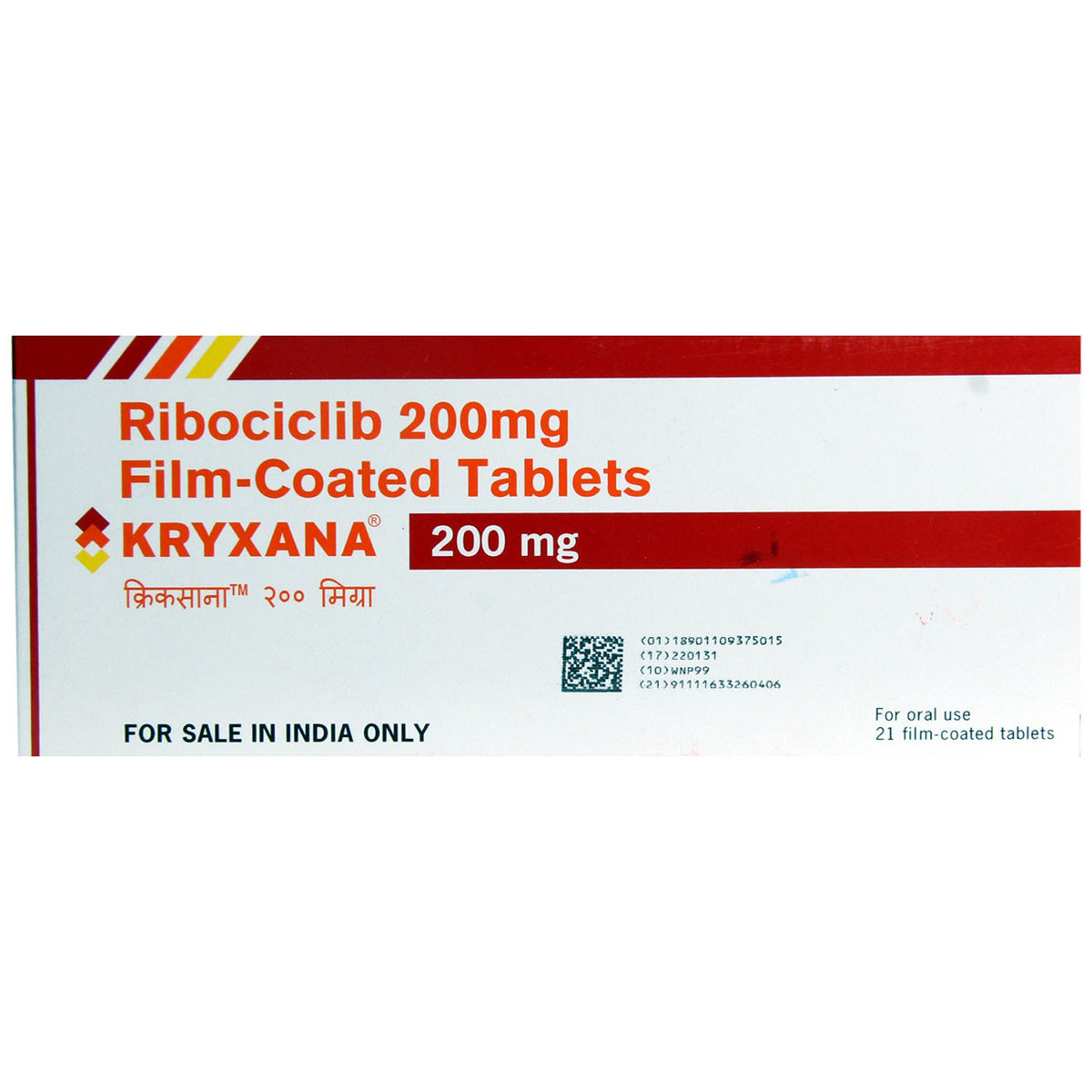
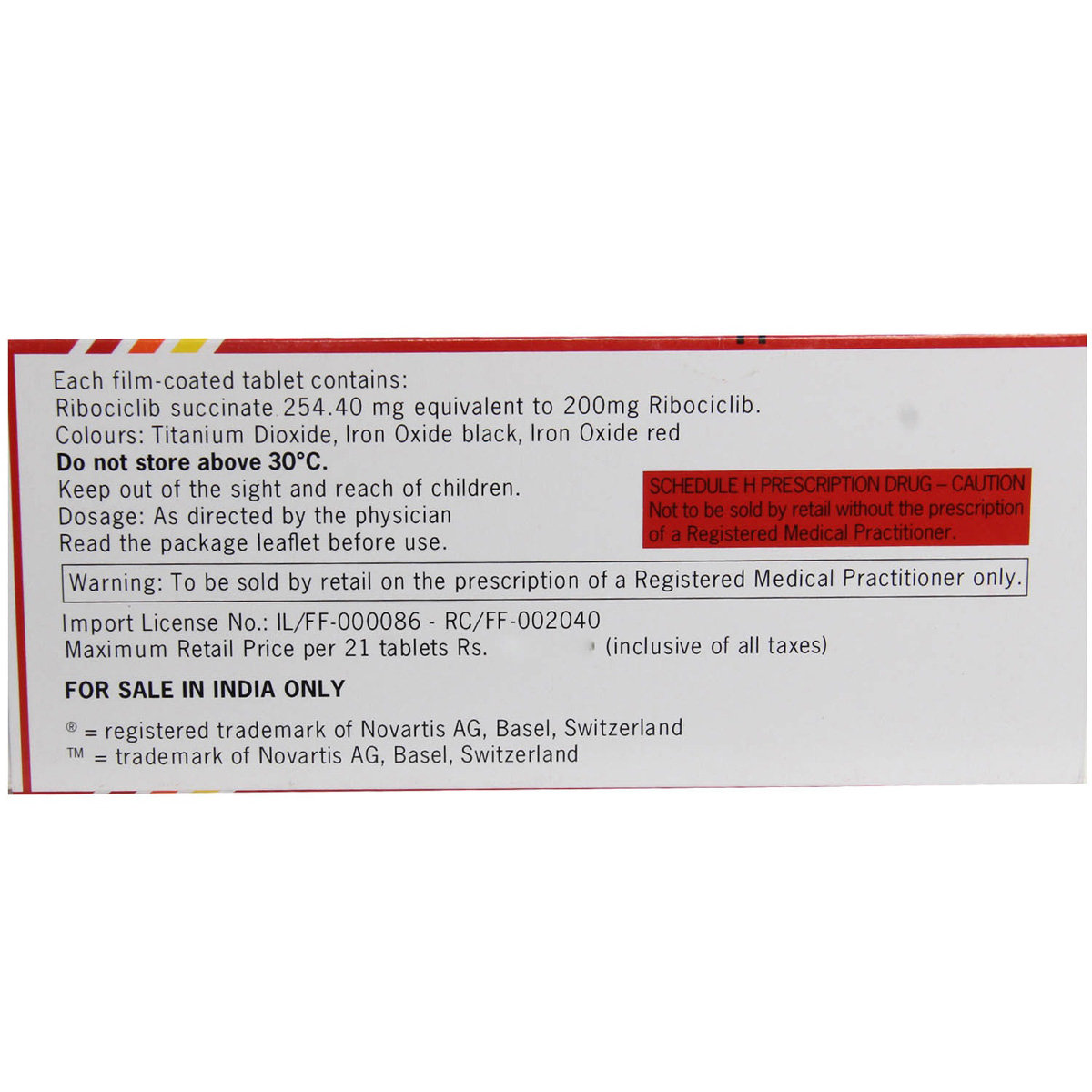
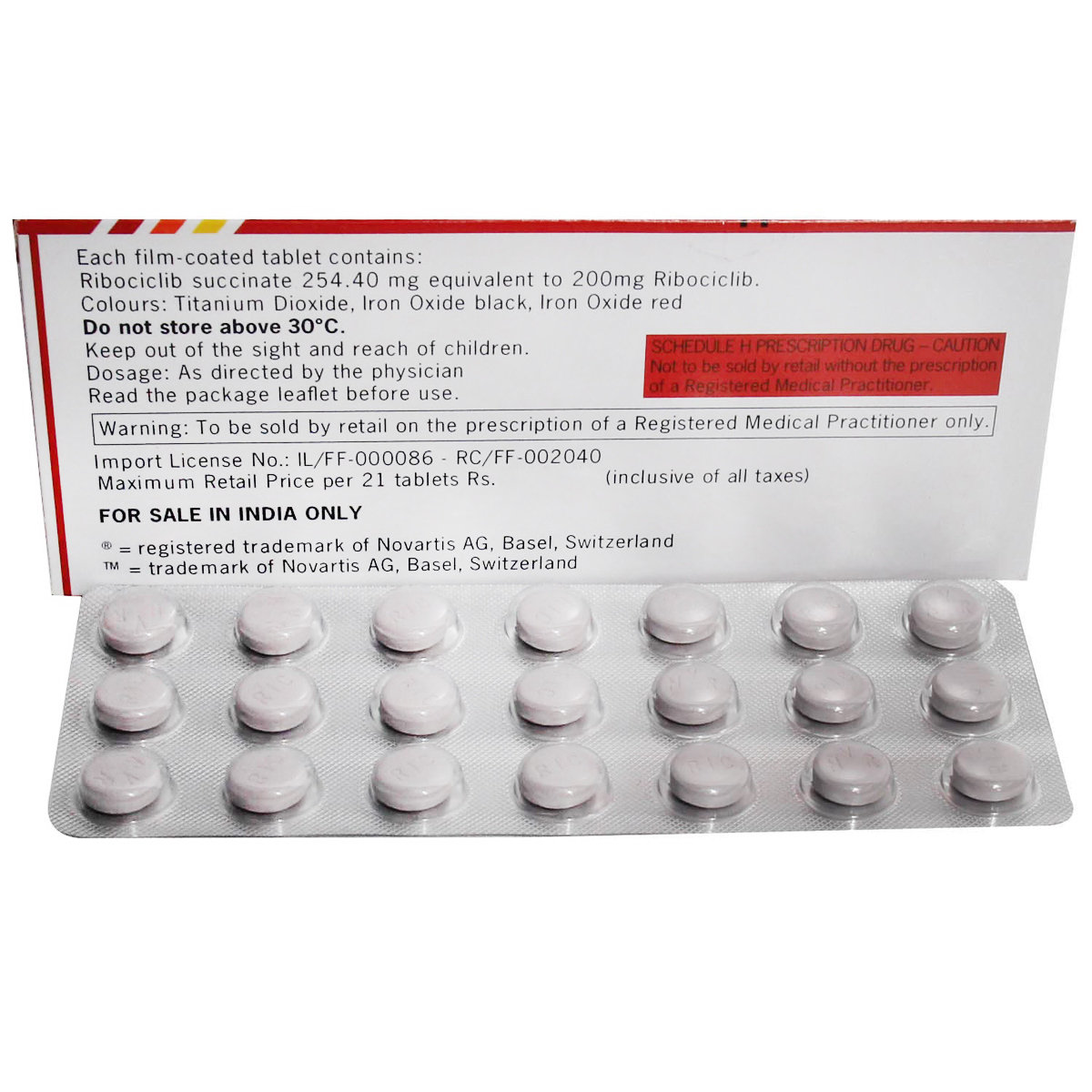
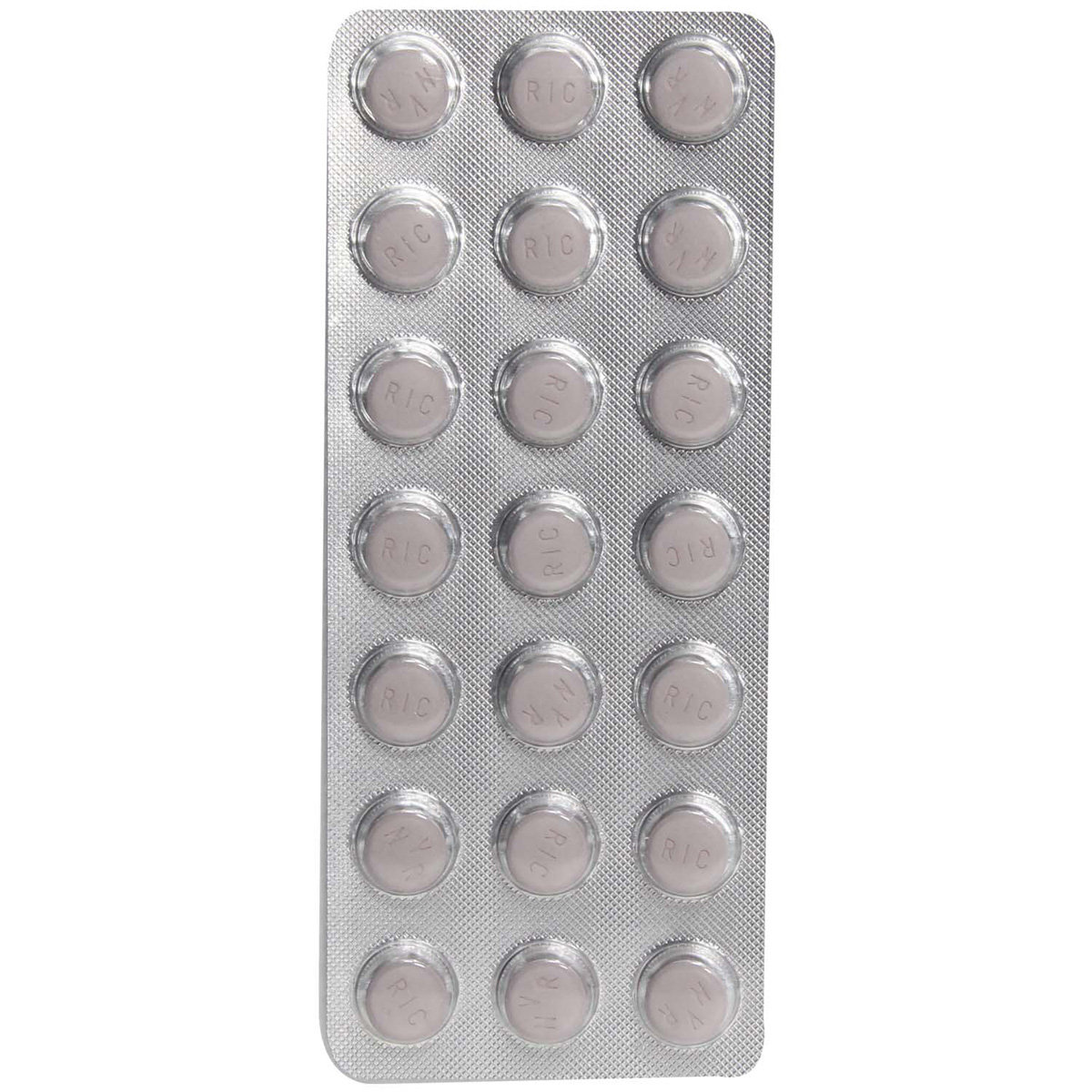
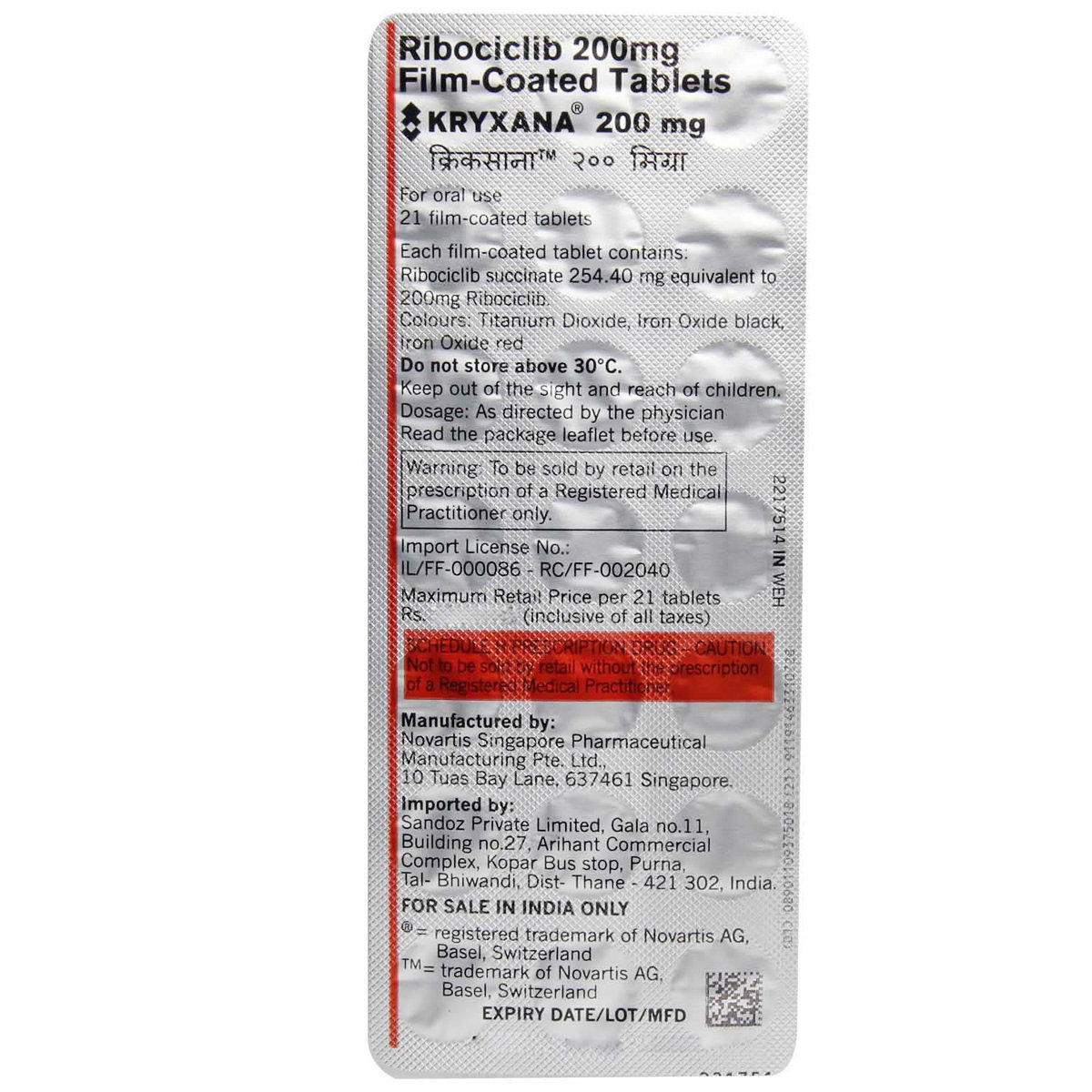







_0.jpg?tr=q-85)

